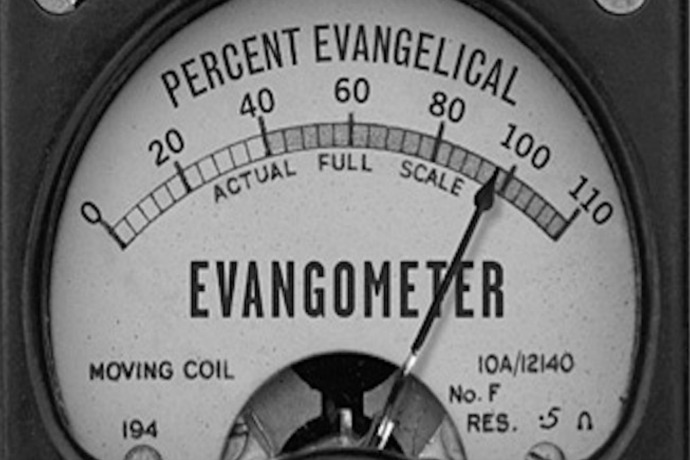The Question
With the ex-vangelical movement on the rise and evangelical church attendance in decline, the question is often raised: Is evangelical theology, particularly the conservative evangelical theology that drives writers like Wayne Grudem to write articles like “Why voting for Donald Trump is a morally good choice,” and “Why Building a Border Wall is a Morally Good action,” toxic?
This brand of theology is predominately driven by older white Protestants, as only 11 percent of the US population is under 30 and identifies as evangelical (and regularly attends church), according to a survey of more than 100,000 Americans. Most top evangelical theologians who publish in popular literature are over 60 and white. This does not mean their perspective is invalid, by any means. However, it means that evangelical theology comes from a particular cultural perspective–classic white Americanism. It cannot be reduced to this cultural milieu, but this cannot be overlooked.
Nearly all members of the ex-vangelical movement, at least the most prominent ones, have declared this brand of evangelicalism to be “toxic.” So what could possibly be toxic about the ethics and doctrine of evangelicals?
First, let us look at some undeniable pros to evangelicalism.
The Undeniable Pros of Evangelicalism
Here I want to list several undeniable pros of conservative evangelicalism:
- It seeks to conserve the essential historical doctrines of the church. Although conservativism in theology might exclude outside voices to the detriment of the whole theological project, its intention is pure in its conservation of doctrine. Here I am not talking about baptism. I am speaking of Trinity, Monotheism, Deity of Christ, etc.
- Its ecclesiology is intentional. The function of the evangelical church is undeniably missional. We can disagree on their methods in fulfilling the Great Commission, but all evangelical churches I have been to have clearly defined a mission for their church.
- Its pastoral care is intentionally Bible-based. Although I have serious issues with the practice of “Biblical Counseling” in evangelical churches, I cannot deny the purity of the motive here. One intent is clear: to bring peace to the individual through targeted insights from the Bible. I think every Christian has to agree that the Bible offers helpful insights to the reader/audience of its text.
- The preaching seeks to focus on the text as the locus of meaning. This is a naive pro, but still a pro. Better to be naive and think that the reader has nothing to do with meaning than to think that the text has nothing to do with meaning.
Now let us list the shortcomings of evangelical theology in its current practice:
- Its Biblical Counseling rejects modern psychological research to the detriment of its participants. Here the pastoral care worker takes on the role of offering key insights to the individual who thinks they are there for counseling. The problem with excluding professional counselors from this role is that the participant can be suckered into thinking that biblical insights will solve their problems outright and can take the place of deep psychological insights that require years of therapy with a professional.
- It is often not a safe place for people to heal from previous burns from religion or even evangelical churches. The system is always right and the problem is always a “fallenness” issue. Evangelicals are slow to critique their own system since, well, the doctrine must be conserved and the doctrine is the center of the system.
- There is a general hesitancy to criticize the evangelical theological system. Related to the previous point, this can be a point of its own. The goal of evangelical theologies is “How can I see this issue as an evangelical” not “How can I see this issue based on careful, fresh readings of the Scriptures.”
- Individualism. Contrast this against the black Pentecostal tradition, for instance. The community is not the focus outside of the church context (save for evangelism). This is perhaps the greatest detriment to the evangelical system as a whole.
So there we have it: a balanced critique that I think is quite charitable compared to what I have seen on social media and blogs from the ex-vangelical camp. All-in-all, there is a benefit to intra-system criticism and self-reflection. I encourage all evangelicals and ex-vangelicals to read and reread this post; my hope is for it to be a catalyst for refection and understanding between both sides.





Leave a Reply
Your email is safe with us.